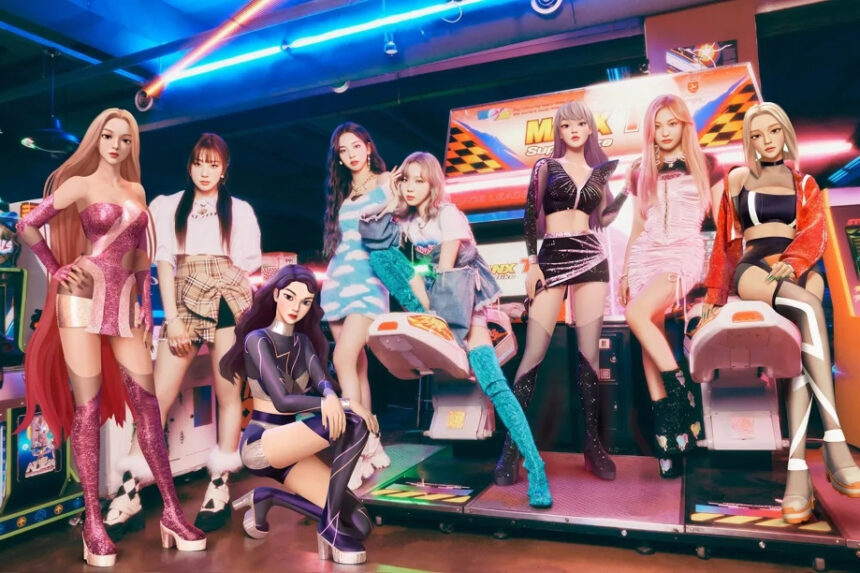The Rise of Virtual Influencers And AI Raises Complex Issues In The Traditional Artistic Landscape
As I sit down to write this piece, the song “Maestro” by Seventeen in the background lingers in my mind. This catchy旋律 和 thought-provoking lyrics turn the spotlight on the ethical and existential dilemmas that arise as we navigate the rise of artificial intelligence (AI) and virtual influencers. The lyrics delve into themes of agency, identity, and the core essence of what it means to be an artist. The song’s musical-video further explores the eerie overlaps between man and machine, set against the backdrop of a dystopian space where anything—be it music or art—can be produced through AI and modern technology.
In a revealing display of concerns, artist destroyer over feels on a headline of music made from AI algorithms. These artistic results leans too heavily on formulaic choices that purists find lacking in emotional depth and human touch, characters considered essential building blocks of originality.
Unlike the rigid constraints of traditional music creation, virtual influencers offer a sense of escapism. They provide a shared sense of community, personal connection, and collective excitement. The virtual K-pop idols of major K-pop entertainment giants like HYBE, SM Entertainment, and JYP Entertainment provide a glimpse into how AI and virtual technology can transform the music industry.
However, the prevalence of AI-generated content also raises deeper concerns. While these technologies offer new fan experiences and industry scalability, they can also bypass traditional streams of support, including streaming royalties. This excess volume of AI-mandated music content can stifle musical diversity and unnaturally fosters replicative styles without the depth normally found in human creation.
Thisoms. So, it comes to a toss one has to carefully strike a line between technological integration and preserving artistic integrity to strike balance.








